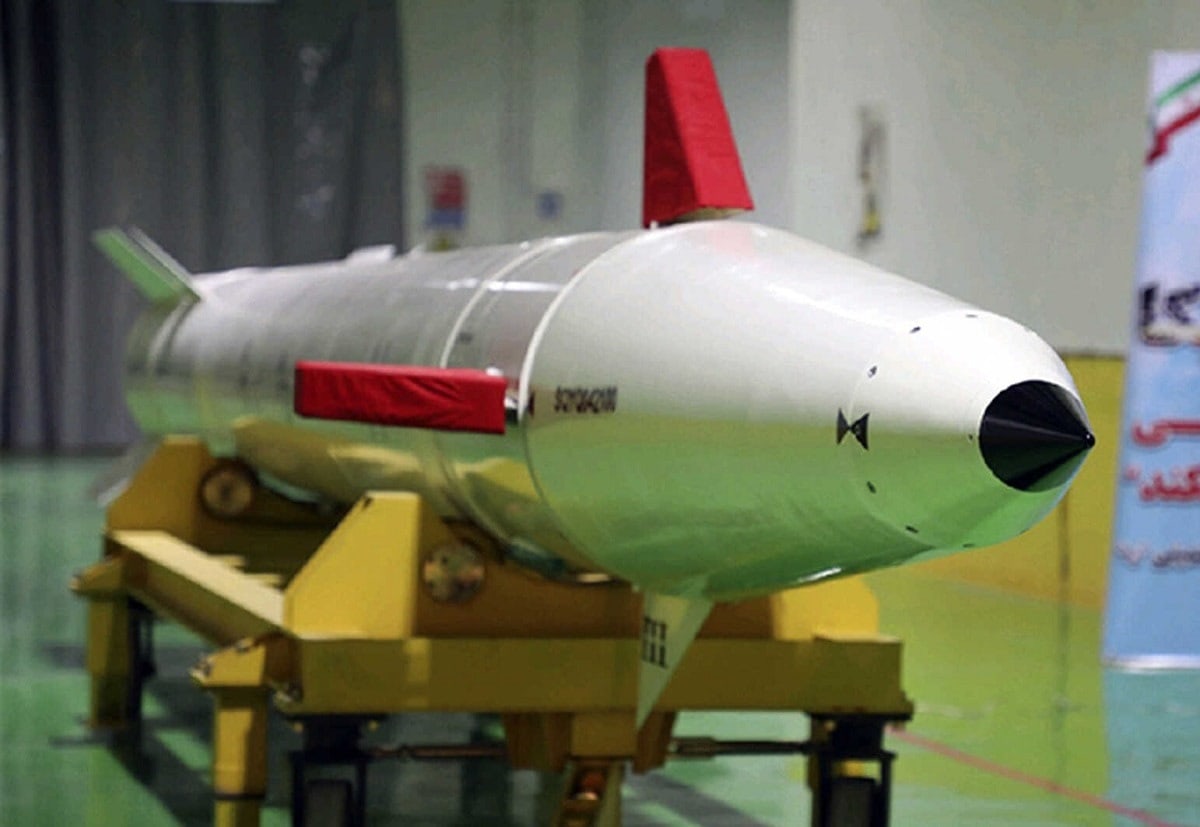The U.S. and Israel are reportedly working to create a network of early warning systems to be based in the United Arab Emirates (UAE). Initially covered by Israel’s N12 news outlet, this region-wide radar program would give the Jewish state an early warning if the Islamic Republic of Iran were to launch ballistic missiles.
This report follows Israel’s participation in a secret, U.S.-led, meeting of top military officials throughout the Middle East in Egypt this March. This week, The Wall Street Journal broke the news of the regional meeting, which garnered military offers from Israel, Qatar, Saudi Arabia, Egypt, and Jordan. While this arrangement would have been unthinkable just a few years ago, the Jewish state has normalized ties with several of its neighbors in recent years to better combat their shared Iranian threat.
Gulf States Working in Partnership
Although the UAE’s future use of Israeli drones has not been confirmed officially, foreign outlets suspect its purpose is to defend against Iran. According to Media Line, the presence of early detection radars in the Gulf would better prepare the regional allies for potential aerial threats, including ballistic and cruise missiles, and armed unmanned aerial vehicles (UAVs). A retired Israeli naval commander added that such a development would “also serve the political objective of demonstrating that Israel is a reliable security partner, potentially encouraging other reluctant Arab states to establish similar relations with Israel.” Israeli defense sources have noted that the arrangement is still in the works. According to Breaking Defense, CENTCOM would supervise the radar system.
The implementation of radar in the UAE and perhaps other Gulf states would serve as a unified communication system. Israeli-made long-range early warning radars would comprise the technology used in this proposed project. This fact is significant since Israel has not seen this level of cooperation with its Arab neighbors and Gulf states since its founding.
In 2020, the historic series of peace agreements called The Abraham Accords were signed by Israel and several of its neighbors, formalizing normalization ties between the nations. The same year, the Gulf Cooperation Council revitalized ties under the Al-Ula Declaration, a “solidarity and stability act.” The recent shifting of relations in the region can in large part be pinned on Iran’s malign behavior. While Tehran’s proxy warfare worked to isolate the regime further from its traditional allies, peace agreements aimed to create a formidable counter.
The U.S. to Play a Role in Forming Partnerships
Earlier this month, a bipartisan bill was debuted in the U.S. Congress that would require the Pentagon to work with America’s Middle East allies to establish an integrated air and missile capability to counter Iran’s barrages. Israeli Defense Minister Benny Gantz mirrored this sentiment in an announcement on June 20, when he described the existence of a new regional air defense network called the Middle East Air Defense Alliance (MEAD). Recent reports that the UAE could use Israeli radar systems to defend against Iran indicate that the Gulf state, likely alongside its neighbors, is part of the program.
In response to the shifting ties in the region, Iran’s naval commander Admiral Ali Reza Tangsiri warned its neighbors against bringing “the Zionist regime” home. The regime’s rhetoric will likely continue to escalate as Israel gains more allies in the Middle East.
Maya Carlin is a Middle East Defense Editor with 19FortyFive. She is also an analyst with the Center for Security Policy and a former Anna Sobol Levy Fellow at IDC Herzliya in Israel. She has by-lines in many publications, including The National Interest, Jerusalem Post, and Times of Israel.

